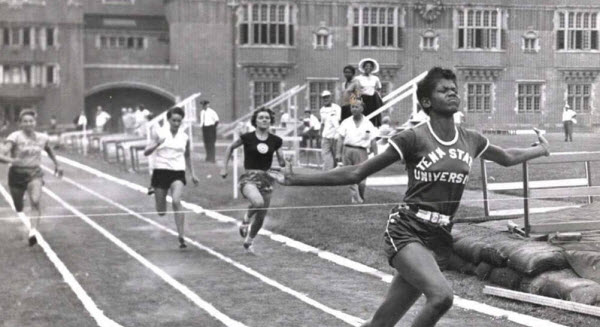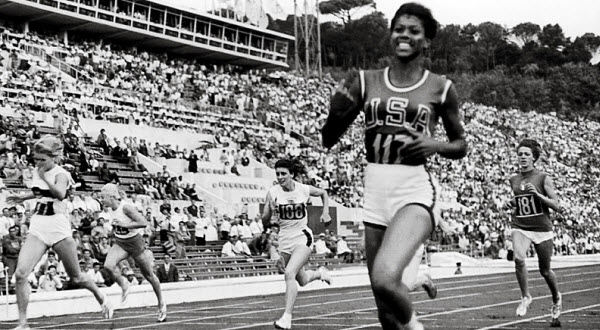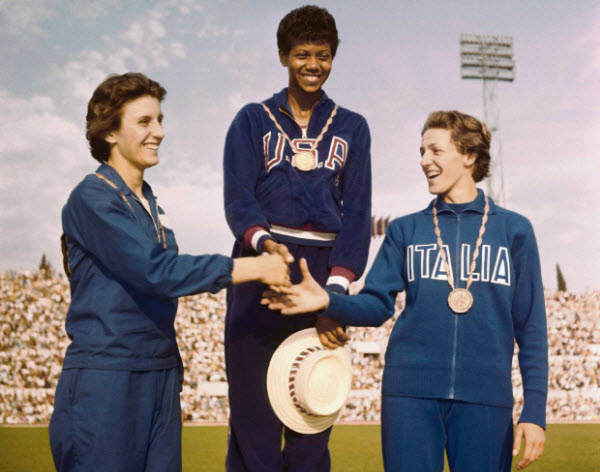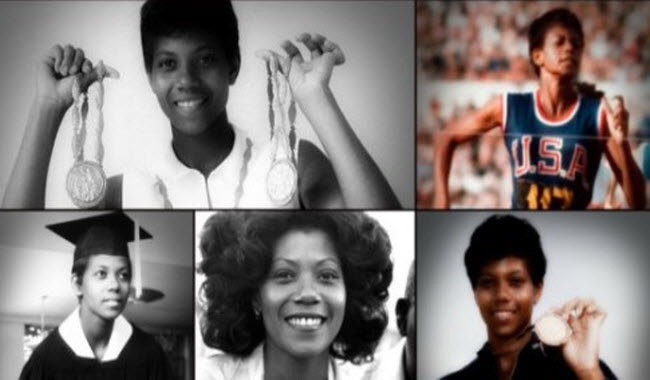Throughout the history of the Olympic Games, many athletes have earned medals, but few have made such a monumental impact as Wilma Rudolph. She is celebrated not only for being the first African-American woman to win three Olympic gold medals but also for breaking barriers in track and field events, previously reserved for men. Her story is remarkable because it charts her journey from a polio-stricken child who needed leg braces to one of the most famous American sprinters of all time.

Wilma Rudolph was born into poverty on June 23, 1940, in Clarksville, Tennessee. She weighed only 2 kilograms at birth and was the twentieth of twenty-two siblings. As a child, her extreme thinness led to numerous health issues, including polio, which left her with little hope of walking without aids. By the age of six, she had lost control of her left leg and was fitted with metal braces. Despite doctors’ pessimism, her family remained hopeful and committed to her physical therapy. Their perseverance paid off, and by age eight, Wilma Rudolph was not only walking but also running and playing like any other child.

Rudolph attended Burt High School, where she became a basketball star, setting scoring records and leading her team to state championships. She began competing in track and field and, upon joining Tennessee State University, became part of the school’s summer sports program. Under the guidance of Ed Temple, one of the fastest coaches in the country, she honed her running skills. In 1956, at just 16, Rudolph was selected as one of six female athletes to represent the United States at the Melbourne Olympics in Australia. She won a bronze medal in the 4 × 100 meters relay and returned to participate in other national competitions, such as the 1959 Pan American Games in Chicago, where she secured third place in both the sprints and the 4 × 100 meters relay.

In 1960, Ed Temple was named the U.S. Olympic coach, and he selected eight women from Tennessee State University, including Rudolph, for the Rome Olympics. During the Games, Wilma Rudolph became the fastest woman in the world and the first American woman to win three gold medals in a single Olympic event. She triumphed in the 100 meters with a record time of under 11 seconds, narrowly missing the world record due to strong winds. She also won gold in the 200 meters and the 4 × 100 meters relay, finishing with a time of 44.5 seconds after a fierce competition against Germany.
Despite her accomplishments, Rudolph faced racial barriers throughout her life, particularly in the segregated South. At sporting events, she and her African-American teammates often had to stay in separate accommodations from their white counterparts. When her hometown wanted to honor her, she insisted that the celebration be open to both white and Black people, rather than being segregated. After retiring from competitive athletics in 1963 at the age of 22, she graduated with a bachelor’s degree and later earned a doctorate. She worked as a teacher at Copp Elementary School and a coach at Burt High School before becoming a television sports commentator. In 1963, she married her high school sweetheart, Robert Eldridge, though they eventually divorced after having three children.

Wilma Rudolph is remembered as a sports legend who gave hope to both women and African-Americans striving for equality in a society marred by racial and gender discrimination. Her life is a testament to hard work, dedication, and the unwavering support of her family. She overcame childhood illness to become one of the most celebrated sprinters in American history, serving as a role model for future generations.
